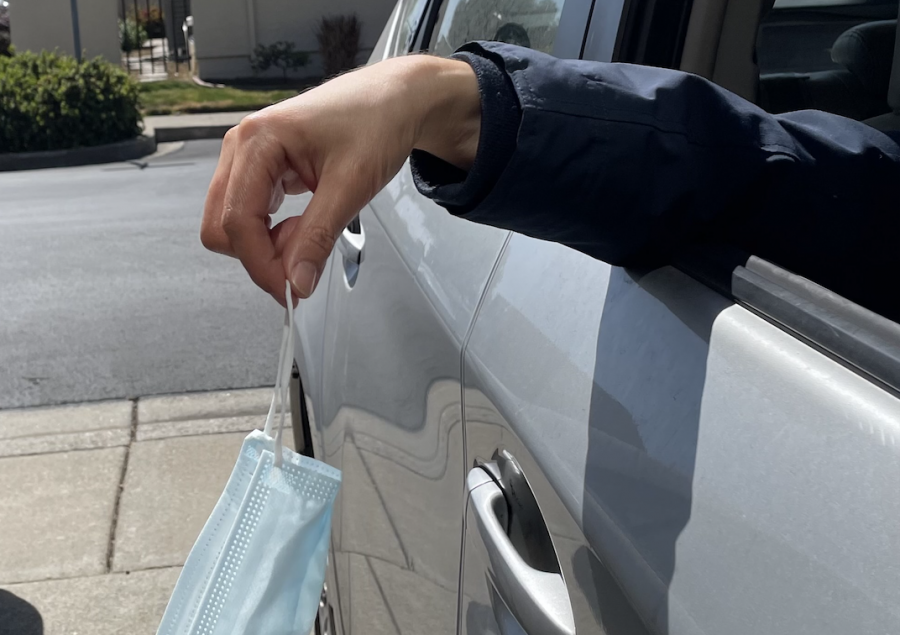“I am so excited to have you all back in class! I can’t wait to see all of your faces, and hopefully, this is the first step towards normalcy.”
That’s the infamous line many teachers recycle in hopes of lightening the mood in a virtual classroom. Little do they know, normalcy is out of reach.
The date that California will reopen with all industries across the state returning to routine operations with added preventive measures such as masking and vaccinations.
With malls, movie theaters, and indoor dining restaurants opening again, a positive outlook on the pandemic has influenced the hopes of many Californians with the idea of the return to ordinary life being at arms reach.
Many teenagers, including myself, have taken the risk reduction measures with the hopes that we can have a typical senior year with a homecoming, prom, and graduation. However, many people fail to realize that the pre-pandemic life is no longer obtainable, even if COVID-19 is under control.
Whether you want to admit it or not, the pandemic has changed our lives significantly in both negative and positive ways. It has impacted our emotional and mental health, as well as our daily habits and routines.
You may not realize that you had picked up these habits amidst the pandemic, but it was deemed necessary to improve and adapt your lifestyle.
An example of this is online grocery shopping. My parents no longer go to Costco or Trader Joe’s; instead, they now have a collection of grocery shopping apps in their phones, such as Instacart and Wee, that can ship our week’s worth of groceries to our house in two days.
Convenience is now right up the alley for many errands and tasks that many families need to complete on a weekly basis. For parents, this includes dropping their children off at school and other extracurricular activities.
A group of Carlmont parents, who all have students in their junior year, claim that they enjoy how accessible school is, taking the hours of commute time off their shoulders since students can now roll out of bed and log into class.
However, some argue that students lack the social interaction needed to develop social and life skills, degrading many, including adults’ mental health.
According to the Kaiser Family Foundation, the average number of adults with symptoms of anxiety and depression disorders has risen from 11% to 41.1% within three years.
The negative impacts of the pandemic will cause these adverse effects, but at the same time, these situations are allowing individuals to learn more about themselves.
The pandemic itself may have a chance of finding an end, but its impacts will forever change lives for the better or worse. As a result, normalcy is no longer obtainable, as our experiences have changed how we operate on a daily basis.












